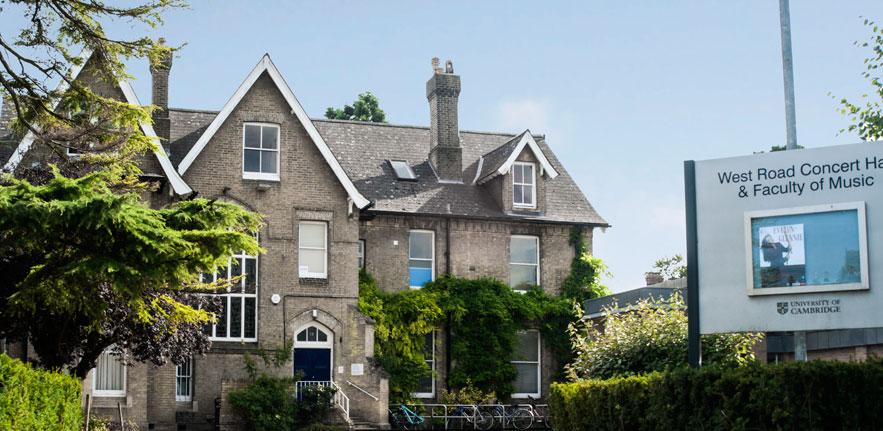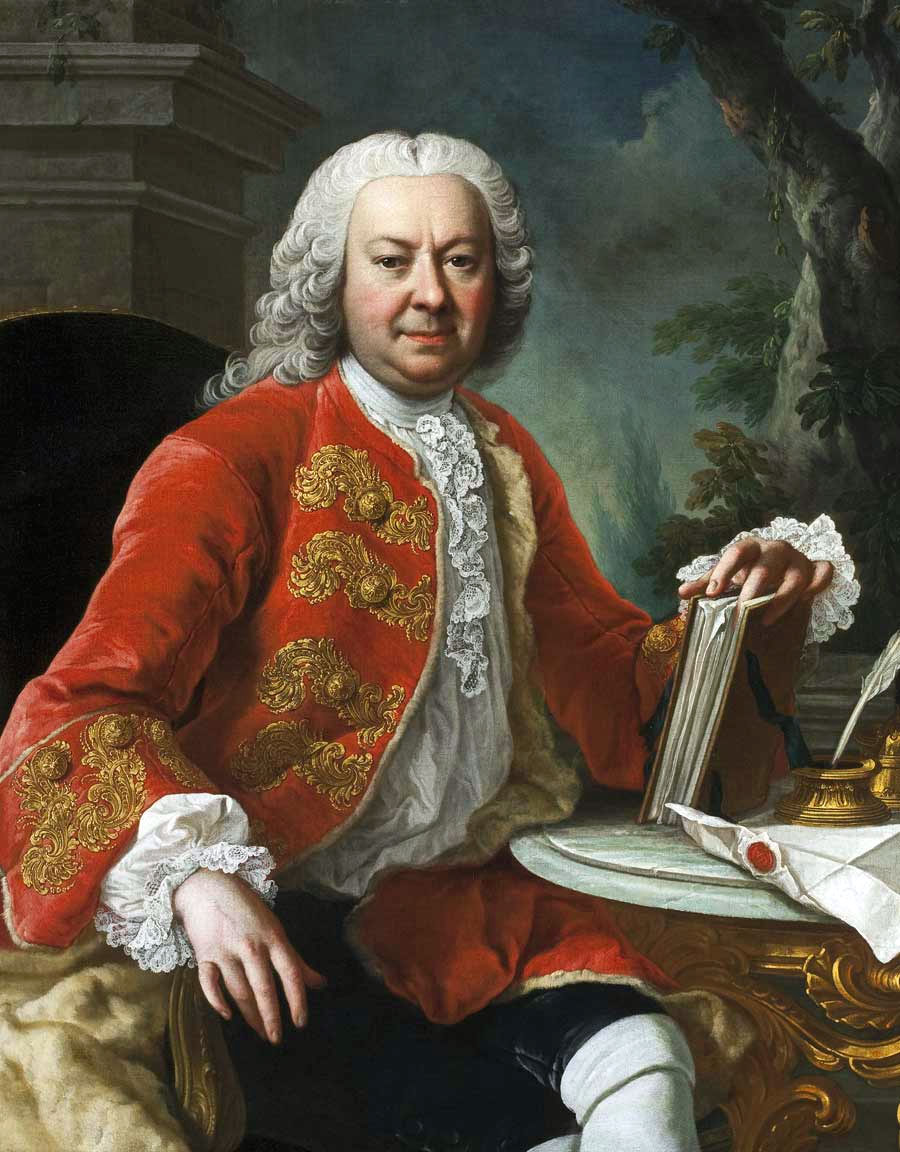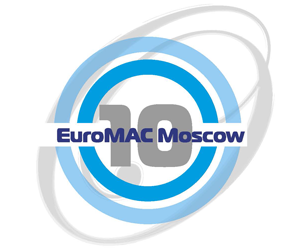News

How do Emotions Sound? | Unveiling Passions in 18th-Century Opera
How are emotions expressed through music? Over five years, a team of 30 musicologists and data scientists has analysed over 3000 arias from 200 operas of the 18th century. The arias, 90% of which are unpublished, have been digitized and classified by composer, the emotion they convey, key, or instruments used. On the upcoming 21st of June | 13:00, at the Espacio Fundación Telefónica, we invite you to discover the findings of the Didone project while enjoying live performances of arias not heard for over 300 years. RESERVE YOUR PLACE

Federico Simonetta in ISMIR 2023 conference
His paper “Optimizing Feature Extraction for Symbolic Music” has been accepted for the ISMIR 2023 conference. The 24th conference of the International Society for Music Information Retrieval (ISMIR) will be held in Milan, Italy, from November 5-9, 2023. ISMIR is the largest research venue for scholars, researchers, practitioners, and industries in the field of Music Information Retrieval (MIR), an interdisciplinary research area for the processing, analysis, indexing, organizing and accessing music-related data.

‘Intersections’ Study Day, 27 June 2023
The Study Day ‘Intersections: Interdisciplinary Approached to Opera’ will be taking place at the University of Cambridge on 27 June 2023. It can be followed both in person and virtually. For full details, including programme, abstracts, and bios, click here.

New call for papers: Parole del Metastasio
Conferences Parole del Metastasio: Opera and Emotions in Eighteenth-century Europe Universidad Complutense de Madrid, Biblioteca Histórica Marqués de Valdecilla | 4-7 May, 2022 Due to the COVID pandemic, the dates and location of the conference were changed. In eighteenth-century Europe, Metastasio’s work marked poetic, musical, and cultural boundaries within which the production of sung music developed for more than a hundred years. His vision of the world, and of human relationships and passions, influenced not only the hundreds of composers who ventured the musical setting of his lyrics, but also all other poets inspired by his words for music. Given the unparalleled impact of Metastasio’s texts in operatic composition throughout the eighteenth century, complete exploration of the librettist’s figure requires attending to the myriads of musical versions prompted by the emotions expressed in his lyrics. Therefore, we warmly invite presentations investigating the relationship between text and music around Metastasian passions, with especial attention to the dramaturgical and musical treatment thereof within his recitatives and closed pieces. We particularly encourage papers using novel methodologies for the study of the librettist’s world, including digital, computer-assisted techniques for data extraction from both music and poetry. This symposium is an expression of the European

Open Postdoc Position on Musical Data Science
DIDONE is an ERC-funded project jointly participated by the Instituto Complutense de Ciencias Musicales (ICCMU), the Universidad Complutense de Madrid (UCM), and the Universidad Carlos III de Madrid (UC3M). The project is led by Prof. Dr. Álvaro Torrente Sánchez-Guisande and involves 10 researchers, 4 music engravers, 3 correctors, and a project manager. Within DIDONE’s main aims are (1) to determine the compositional techniques whereby emotions were expressed in 18th century opera seria, (2) to develop a set of quantitative tools applicable to our and other repertoires, and (3) to create a digital corpus of ca. 3.000 arias. The postdoc researcher on ‘Musical data science’ is expected to engage and contribute in aims (1) and (2) in collaboration with DIDONE’s research team. S/he will work in tight collaboration with our music theorist, our senior statistician, and our software developer. S/he will be expected to focus on producing high-impact scientific literature at the interface between data/computer science and musicology, and on improving existent computational tools within the project that involve MusicXML and Python. We Offer Two-year contract, with expected start date in June 2022 or earlier. Gross annual salary within the range €25.000-€32.000, depending on experience. Possibility of salary increase upon the

Ana Llorens in EUROMAC
Didone in Moscow – EUROMAC. Ana Llorens will speak tomorrow at 4.30 pm about “the factors determining the presence/absence and the types of contrast for the B sections of the arias beyond stylistic conventions” #euromac Her paper’s name is “Underneath Opera Seria Conventions: From Musical Contrast to Ternary Forms”. Don’t miss it, you can watch it online for free at https://euromac.mosconsv.ru/en/practical-details-0
